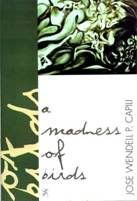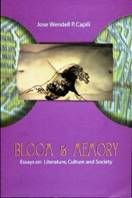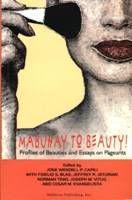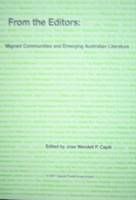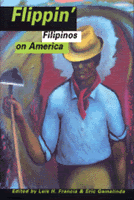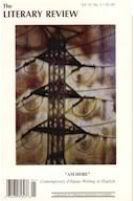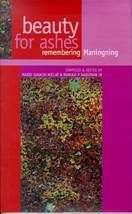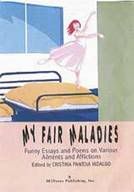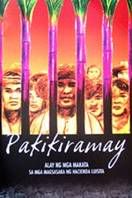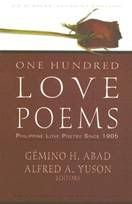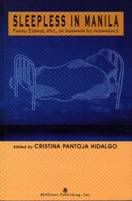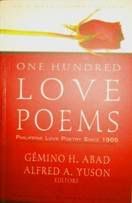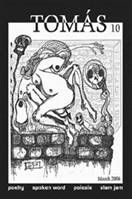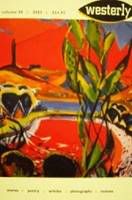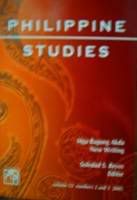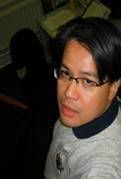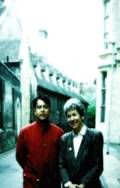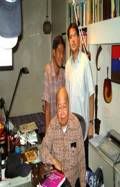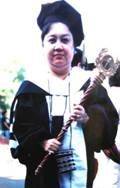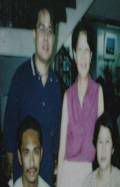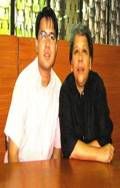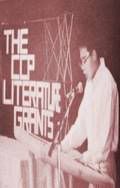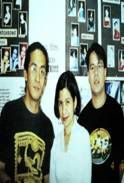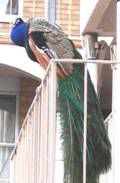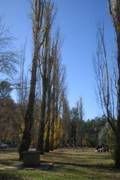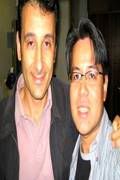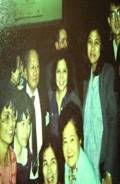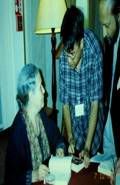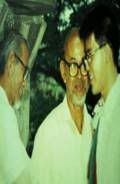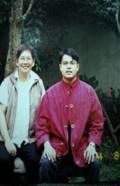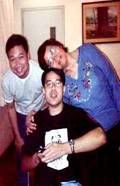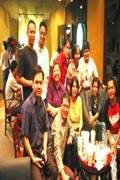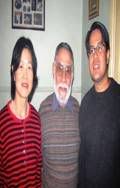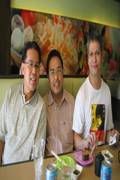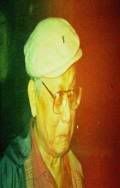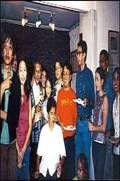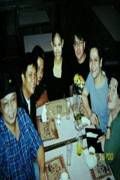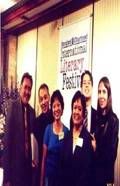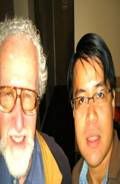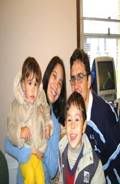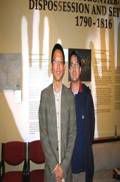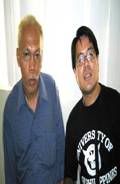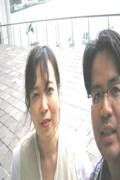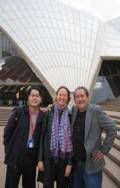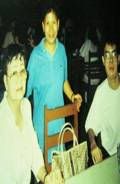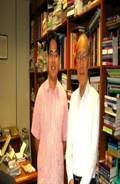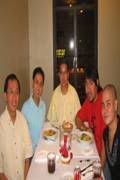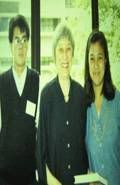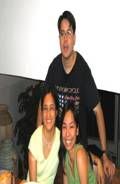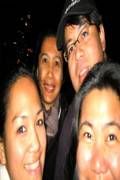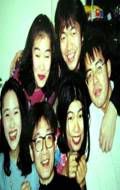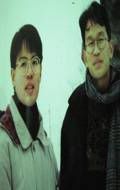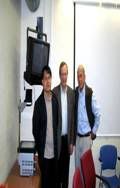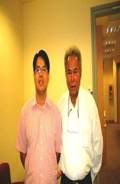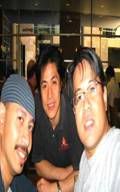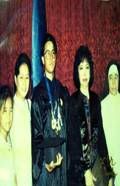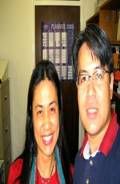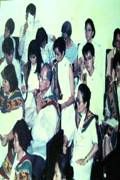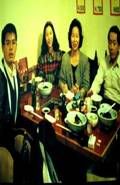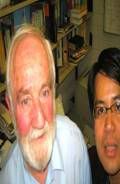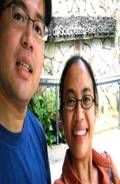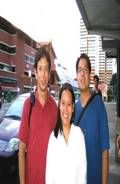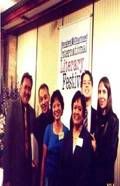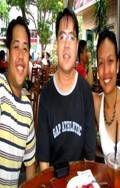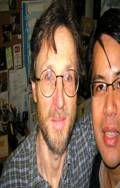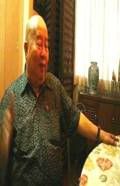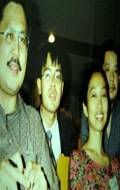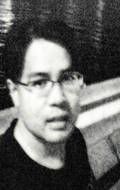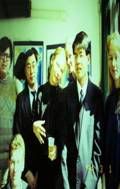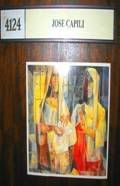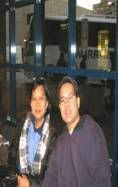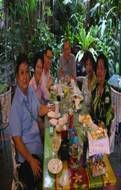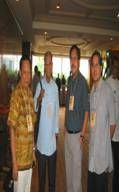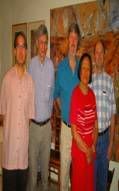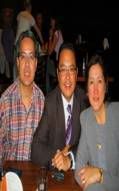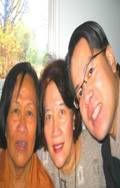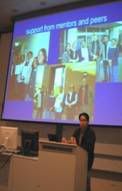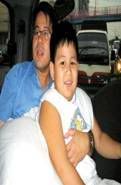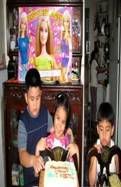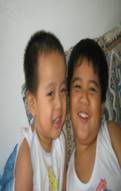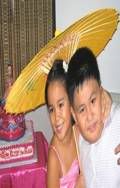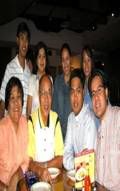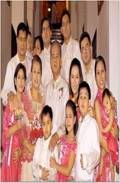From University of the Philippines Professor Teresita Gimenez-Maceda: "What is Plagiarism?"
WHAT IS PLAGIARISM?
Dr. Teresita Gimenez-Maceda
Professor of Philippine Studies and Philippine Literature
College of Arts and Letters, University of the Philippines
Diliman, Quezon City
Every semester at the start of every class, whether undergraduate or graduate, I emphasize one rule: DO NOT PLAGIARISE. Then I go on to give a lecture on the “crime” of plagiarism.
Simply explained, plagiarism is when you borrow someone else’s words and make these appear as your own. But there are several ways of plagiarising as there are several ways of detecting the deed.
The first and most obvious kind of plagiarism is when a person copies word-for-word a sentence, a paragraph, a whole article, a section of a book, or different sections of a long article or book written by another author and does not enclose the copied words in quotation marks. Even if the copier acknowledges in her/his bibliography the source for the copied words, the lack of quotation marks within her/his own writing constitutes plagiarism. “I forgot to put the quotation marks” is no excuse.
The second kind of plagiarism is when a person borrows someone else’s ideas, rewords them to make the ideas seem like her/his own. This becomes apparent when there is no attribution to the original author. This means the person borrowing did not mark the reworded ideas of another writer with a footnote or an endnote to acknowledge from whom s/he borrowed the idea/s. “I was in such a hurry that I forgot to put the footnote or endnote,” is not an acceptable reason. We live in an era of information technology. Putting in a footnote or an endnote has been made easier through word processing software like Microsoft Word, Mac Pages, or Ubuntu and Linux Open Office. It should be automatic for anyone to immediately insert the footnote or endnote.
The third kind of plagiarism is when a person translates to Filipino or other Philippine languages someone else’s ideas that were expressed in English or other foreign languages and fails to enclose the translated material in quotation marks. “But the Filipino words are mine,” the translator might claim. But the question still is, whose idea/s did the person translate?
Even when a person frames the ideas of a writer in another way or in a different language, and conveniently forgets to acknowledge the source of the idea/s, that still constitutes plagiarism.
There is nothing wrong with borrowing an author’s ideas. We encourage students to research the wealth of materials available in books or the internet to expand their knowledge and help bolster their own critical positions. We are often inspired by a writing style, a conceptual framework, a powerful idea. We may even imitate the style or use the conceptual framework, or build on the powerful idea of other writers and theorists. But we never should forget or fail to give recognition to who inspired us, whose conceptual framework we found applicable to our own research, or whose powerful idea stirred us to develop our own. That is how knowledge grows. We may start to borrow (with proper acknowledgement), but eventually, because we are creative individuals, we develop our own style, our own expressions, and way of thinking.
I summarize my lecture on plagiarism with one Filipino word: KATAPATAN. It means honesty, truthfulness, and integrity.
I liken plagiarism to a mother who borrows a ganta of rice from a neighbor and forgets that what saved her family for the day was the kindness of the neighbor. I think of plagiarism as lacking the Filipino value of “utang na loob”. Who helped you gain the knowledge you have today? Who aided you in becoming a better person by offering a different way of viewing things?
Telltale signs of plagiarism
A plagiarist always leaves behind a trail of telltale signs. And the teacher then becomes a detective following the clues and gathering the evidence.
Sometimes, the trail begins with just a turn of phrase without the quotation marks. The teacher then becomes suspicious, especially if the student has never exhibited a clever use of words during the semester. That turn of phrase may remind the teacher of a particular author’s writing style. Then the plagiarism is sure to be discovered, for an author’s writing style is like a fingerprint. So, too, is the way an author develops her/his ideas. As human beings, we may think alike, but we develop and express our ideas in our own individual styles.
At other times, the student may have become desperate (especially toward the end of the semester) and so surfs for an article in the internet in a website s/he thinks is obscure enough. The student then translates the whole article to Filipino without the creativity of using his or her own examples. I encountered such a case in my Philippine Literary Criticism class that I teach in Filipino. Would a sophomore in majoring in Filipino be familiar with John Milton’s Paradise Lost? Or Andy Warhol’s Campbell Soup? Using these as clues, I, too, surfed the internet and discovered an article entitled, “Seven Easy Steps to Deconstruct”. The title itself should already have warned the student that this was meant to be a parody of deconstruction. I called the student, made a colleague witness my conversation with her, and asked her why she copied another author’s work. She cried, admitted her guilt, and asked for forgiveness. She had no malicious intent, she said. She did not know that what she did constituted plagiarism. I gave her a failing mark and told her never ever to commit the same crime. She has never done it again.
In the internet age, it is easy for students to copy and paste. A political science professor, for instance, had half of her class submitting an assignment with exactly the same wordings. And so I stress to my students not to consider their teachers ignorant of the use of the internet. I may be a senior citizen, but I am as much of a techie as my young students. The internet is a resource, but one has to learn to sift through the deluge of information it offers. And even if the source is from the internet, a student still has to acknowledge the website as her/his source of research material.
Some students are not that clever in plagiarising. I remember the case of a graduating student in Ateneo de Manila who submitted to me my own essay! I summoned him and he admitted he had his girlfriend write his term paper. But he did not tell his girlfriend who his teacher was! I gave him another chance. Desperate, he plagiarised an article of Bienvenido Lumbera published in the Fookien Times Yearbook. This was too much. I gave him an “F” and reported the matter to the Dean.
We would like to think that graduate students would already have attained sufficient maturity and independence of thinking and would likely not commit plagiarism. That is not so. Three years ago, I caused two Ph.D. students of mine in Philippine Studies to be removed from the program because of plagiarism. One of them copied a paragraph from my own book but did not enclose it in quotation marks or attribute to me the paragraph. I found myself staring at words that seemed so familiar, they could only have been written by me. As if that were not enough, he submitted another paper that extracted excerpts from just one work, pages from the beginning, the middle and toward the end and wove them together, submitting this as his paper. The telltale sign was again the writing style. The other Ph.D. student did exactly the same thing, passing off as his own, extracts from different sections of a book. How could graduate students think their teacher would not be able to discern their plagiarism?
In UP, we have been known to remove from our faculty roll a teacher who copied an American textbook and simply changed the American names to Filipino names. Our University Council has also withdrawn a Ph.D. degree from a graduate when overwhelming evidence showed that the dissertation was 97% plagiarised. The Supreme Court upheld our autonomy in that case.
Ill effects of plagiarism
Borrowing is not a crime. This is a statement I repeat over and over before giving my students their assignment. But I always warn them to never ever fail to use the quotation marks and the footnote or endnote when they borrow an author’s findings to support their own position, a writer’s wonderful turn of phrase to enhance their own, or when they translate to Filipino a passage in English.
Why do students copy? It begins with the way students in elementary and high schools are trained. For lack of textbooks, teachers find themselves having to require students to copy from the only textbook available in their school. But what is often neglected is that in copying, students should always write down the source of their notes.
For undergraduate students, I believe that their plagiarism is borne more out of desperation than malicious intent. But even without malicious intent, I consider plagiarism a bane and so for those cases of which I have discovered evidence of plagiarism, I give a failing mark and tell the student never to plagiarise again. I cannot emphasize it enough. Like liars, plagiarists are always found out because they leave a trail of clues.
Why do I rail against plagiarism? It is because claiming another one’s words is dishonest. The original author must have spent much time developing her/his thoughts and expressing these in a style uniquely her/his own. If the author discovers that someone else has copied her/his ideas, s/he can sue the plagiarist under the intellectual property rights. If a plagiarist is not found out, it will become a habit and it will be easy for her/him to lie, cheat and be corrupt. When a plagiarist is finally found out in her/his professional life, s/he can lose a job. But worse, a plagiarist who eventually becomes corrupt will have lost her/his soul.
KATAPATAN is all that is required of us to keep our integrity and dignity intact.
Labels: on plagiarism, teresita gimenez-maceda


